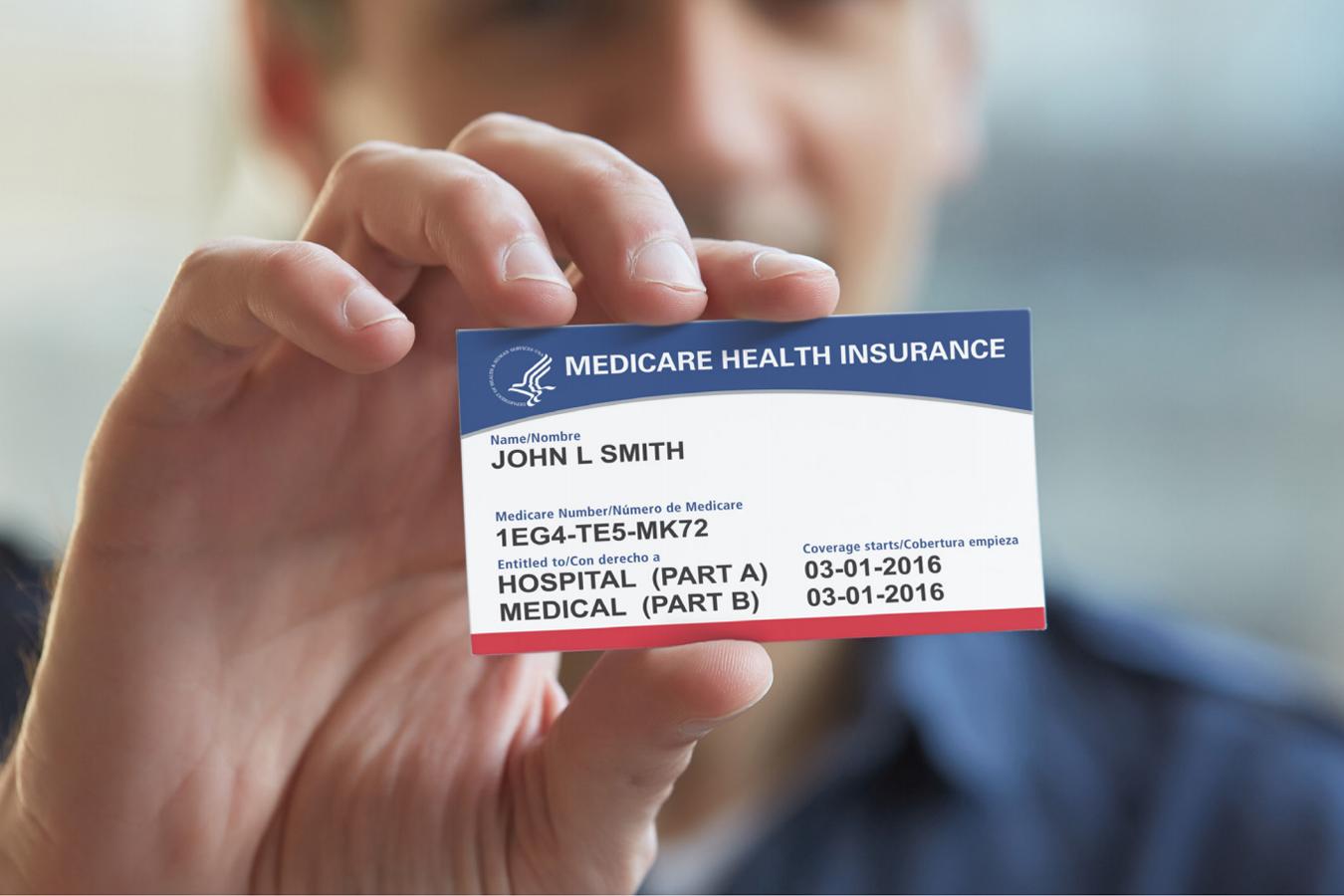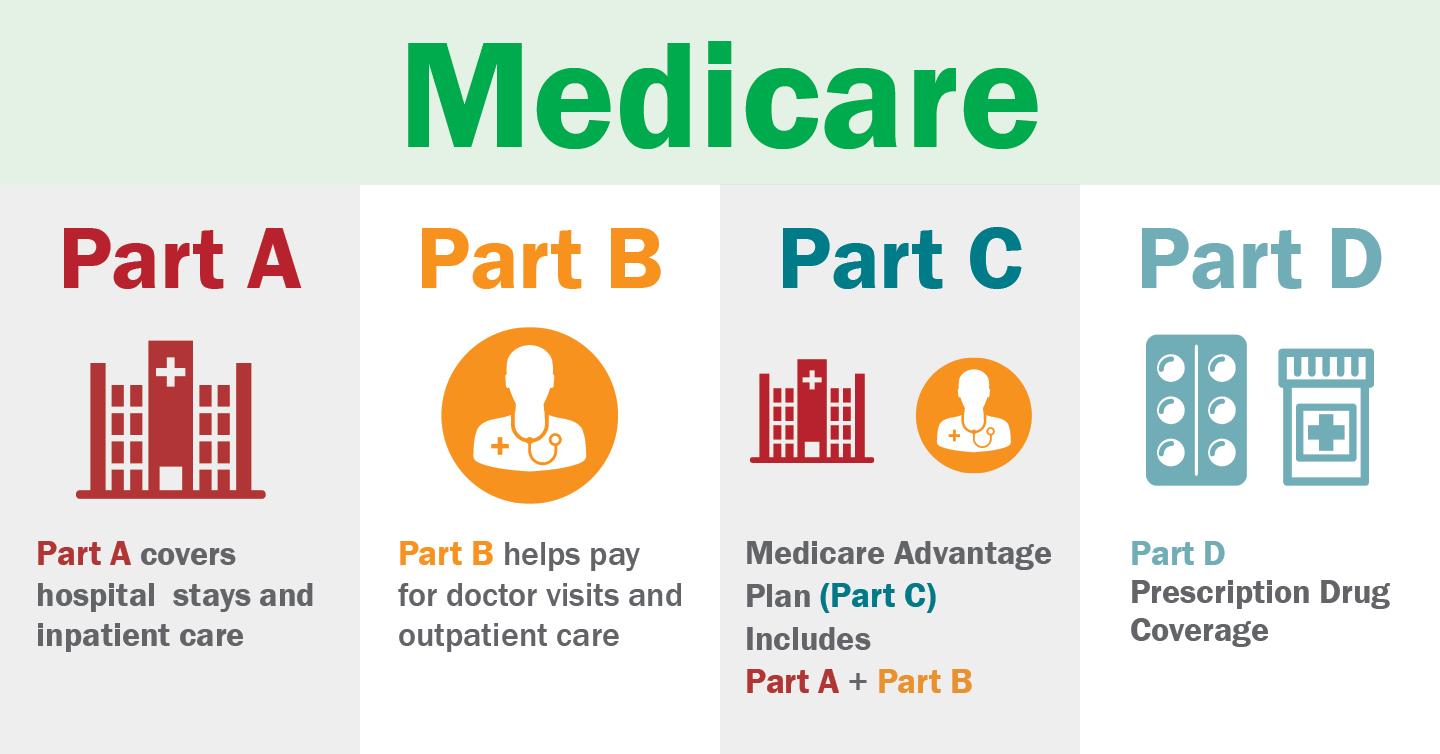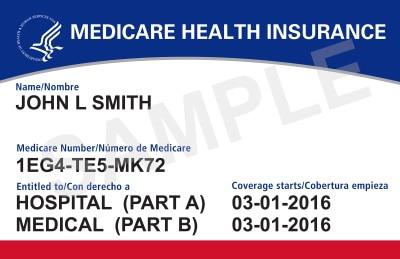In a world increasingly dominated by technology, the quest for authentic human connection grows ever more significant, especially in crucial sectors like healthcare. The YouTube video titled “” delves into this pressing issue, unpacking the often frustrating experiences individuals face in navigating Medicare. viewers are reminded how vital it is indeed for consumers to feel valued and understood—not merely processed thru automated systems or faceless lead vendors. The discussion raises essential questions about trust,transparency,and the human touch in the decision-making process, emphasizing that while technological tools can streamline communication, they should never replace the empathy and accountability that only a real human being can provide. Join us as we explore the delicate balance between innovation and authenticity,and why fostering genuine connections remains paramount in the ever-evolving landscape of Medicare and beyond.
table of Contents
- Understanding the Desire for Human Connection in Medicare Insights
- The Role of Trust and Transparency in Healthcare Communication
- Empowering Consumers: the Importance of Authentic Engagement
- Building a Human-Centric Approach: Strategies for Medicare Providers
- Q&A
- Final Thoughts
Understanding the Desire for Human Connection in Medicare Insights

In the realm of Medicare, the desire for authentic human connection cannot be overstated. Many individuals seeking guidance on their healthcare options express a clear preference for speaking with a real person over automated systems. This desire stems from a deep-rooted need for trust and understanding. No one wants to feel manipulated or misled by faceless entities that often prioritize efficiency over genuine human interaction. As potential Medicare beneficiaries navigate the complex landscape of coverage options, having a human representative can ground their experience in empathy and personal assurance.
Moreover, while technology plays a crucial role in lead qualification and information dissemination, it lacks the nuanced understanding that comes from a real conversation. Consumers appreciate the opportunity to engage in dialog where they can ask questions, express concerns, and receive tailored advice. In this context, the role of a human representative becomes vital. They act as a bridge between complex information and the individual’s unique needs, ensuring that decisions are made with confidence. More than just a transaction, this interaction fosters a sense of community and support that enriches the Medicare experience.
The Role of Trust and Transparency in Healthcare Communication

In the landscape of healthcare, where decisions can profoundly impact lives, the quest for trustworthy communication becomes paramount. Many individuals seeking Medicare options express a strong desire to connect with real, empathetic human beings rather than navigating automated systems that can frequently enough feel cold and disingenuous. This yearning for genuine interaction stems from a fundamental need to feel secure and understood while making critical choices about their health. When patients voice their concerns and questions, they seek clarity and reassurance—traits that a computer program simply cannot replicate.trust is established when communicators prioritize transparency, allowing patients to feel engaged and educated about their options rather than tricked or overwhelmed.
To foster authentic connections,healthcare communication must prioritize a balance between technology and human interaction. While innovative tools can streamline processes and help in initial lead qualification, they should never replace the invaluable insights and emotional intelligence that a human representative brings. A well-defined approach will include:
- Active listening to patient concerns
- Clear explanations of complex information
- Empathetic responses that validate feelings
These elements promote a sense of partnership in decision-making rather than a mere transactional experience. As such, creating a structure that marries efficient technology with a human touch can enhance the patient experience and build long-lasting trust within the healthcare ecosystem. By embracing authenticity,providers can not only improve communication but also strengthen the bonds of human connection that are essential for effective healthcare outcomes.
Empowering Consumers: The importance of Authentic Engagement

In the realm of Medicare and healthcare services, authentic engagement is paramount. Consumers frequently enough reach out seeking not just information, but a genuine connection with someone who truly understands their needs. A significant number of people express frustration with automated systems or deceptive lead vendors, craving the reassurance that comes from speaking with a real human. This desire highlights the critical role human interaction plays in navigating complex healthcare decisions. When genuine conversations happen, it fosters trust, ensuring that consumers feel valued and informed rather than tricked or manipulated.
Building this trusting relationship requires a commitment to transparency and sincerity. providers should prioritize authentic engagement by training representatives to listen actively, empathize, and provide tailored guidance. Here are key elements that enhance this interaction:
- transparency: clearly communicate what consumers can expect.
- Empathy: Understand and acknowledge the emotional context of each inquiry.
- Obligation: Ensure that a educated representative is available to help with decision-making.
By embedding these principles into their practices, healthcare providers can foster a strong sense of community and empower consumers to make well-informed choices regarding their Medicare options.
Building a Human-Centric Approach: Strategies for Medicare Providers

In the ever-evolving landscape of medicare, where interactions can often feel automated and impersonal, establishing a human-centric approach is vital for providers looking to foster trust and authenticity. To do this, they should prioritize direct and meaningful communication with potential clients. Many individuals seeking Medicare options express a strong desire to communicate with a real person rather than navigate through robotic responses and complex jargon. This necessitates a shift away from tactics that can feel misleading or deceptive.By implementing a strategy that emphasizes empathetic engagement, providers can create an environment where clients feel valued and understood. Essential strategies include:
- Personalized communication: Tailoring conversations to meet individual needs and preferences.
- Active listening: Ensuring that clients feel heard and that their concerns are genuinely addressed.
- Transparent information: Providing clear and concise details about Medicare options to empower informed decision-making.
Furthermore, while technological tools and automated lead generation can serve a critical role in streamlining processes, they should not replace personal interaction entirely. A balanced approach involves utilizing technology to warm up potential leads, followed by a seamless transition to a qualified human representative. This dual strategy not only enhances efficiency but also nurtures the essential human connection that many consumers crave. By integrating the following practices, Medicare providers can solidify their commitment to a human-centric philosophy:
| Practice | Benefit |
|---|---|
| Dedicated customer support | Builds trust and assures clients they have support. |
| Regular follow-ups | Keeps the lines of communication open, reinforcing relationships. |
| Feedback mechanisms | Encourages client input and demonstrates commitment to improvement. |
Q&A
Q&A:
Q1: What is the central theme of the video “”?
A1: The central theme revolves around the importance of human connection in navigating Medicare. The video discusses how some service tools and lead vendors may attempt to create a seamless experience through automation, but ultimately lack the genuine human touch that consumers desire. It emphasizes the need for authentic interactions to foster trust and ensure informed decision-making.
Q2: Why do people prefer to talk to a human when discussing Medicare?
A2: people often prefer human interaction because they seek reassurance and clarity in complex matters like Medicare.They wont to avoid feeling misled or manipulated by automated systems. A real human can provide personalized guidance, answer specific questions, and address concerns, which builds trust and enhances the decision-making process.
Q3: What are some concerns raised about automated tools in the context of Medicare?
A3: The video highlights concerns that some automated tools and lead vendors can create a false sense of security, misleading consumers rather than genuinely assisting them. The fear is that these tools might be more focused on efficiency and lead generation rather than the well-being of the consumer, leading to feelings of being duped or taken advantage of.
Q4: How can technology still play a role in the process of obtaining Medicare information?
A4: Technology can indeed facilitate certain aspects of the Medicare process, such as basic qualification and information gathering. Such as, tools like large language models can help warm up leads and streamline initial interactions. However, it is crucial that these tools are complemented by qualified human advisors who can provide thorough explanations and support throughout the decision-making journey.
Q5: What is meant by the term ‘informed decisions’ in the context of the video?
A5: ‘Informed decisions’ refer to choices made by consumers based on a thorough understanding of their options, potential outcomes, and what each Medicare plan entails. The video underscores the importance of having a knowledgeable human guide to help interpret information and present options clearly so that consumers can make choices that best suit their individual needs.
Q6: How does the video suggest we can bridge the gap between technology and human connection in Medicare?
A6: The video suggests that while technology can aid in the initial stages of engagement, it should never replace the essential role of human connection.By leveraging technology for efficiency and using it to qualify leads, organizations can then ensure that a real human being steps in to provide personalized support, creating a more authentic and trustworthy experience for consumers.
Q7: In what ways can this conversation about authenticity in Medicare extend beyond just the healthcare industry?
A7: The conversation can extend into various sectors where personalized customer service is essential,such as finance,education,and customer support. It highlights a broader societal inclination toward valuing genuine human interactions in an increasingly automated world, emphasizing the need for organizations to find balance between efficiency and empathy across all industries.
Final Thoughts
As we wrap up our exploration of authenticity in medicare and the vital role of human connection, it’s clear that the heart of this conversation lies in trust. In an era dominated by technology, where automated tools and lead vendors frequently enough seem to prioritize efficiency over empathy, the yearning for genuine human interaction remains strong. As discussed in our recent video,the journey through Medicare is not just about numbers and qualifications; it’s about people making informed choices,frequently enough steeped in overwhelming emotions and uncertainty.
The insights shared remind us that while technology can serve as a helpful guide, it should never replace the compassion and understanding that only a real human can offer. Ultimately, the path to better healthcare experiences is paved with conversations that foster connection, understanding, and trust.Thank you for joining us on this insightful journey.As we continue to navigate the complexities of Medicare and healthcare communication, let’s strive for authenticity, prioritizing the human touch that makes all the difference. Until next time, stay connected and engaged in your healthcare decisions. Your voice matters, and together, we can create a community where every conversation counts.



